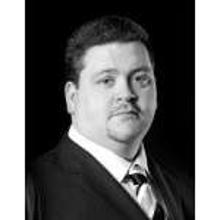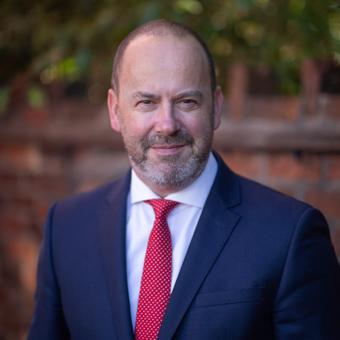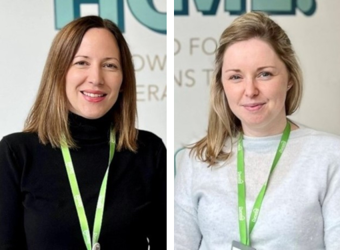Interview with Steve Hartley, Director, Compass Costs
Q Steve, what is your role at Compass Costs Consultants?
A I am primarily responsible for the training and quality control of the costs side of the business. I undertake a variety of roles including preparing bills on high value catastrophic injury and clinical negligence files. I am also responsible for assisting all of our student and associate members of the Association of Law Costs Draftsmen with their continued professional development.
Q How did you start off in the costs industry?
A I joined a small independent costs firm in my home town of Southport at the age of 17. It had initially been with a view to gaining some work experience but I found that I took to the job and I’ve been doing it ever since. I joined Armstrong & Company in 1998 and with my business partner, Tony Armstrong, we merged with Compass Costs in 2004. I have never looked back and we have quickly grown into the largest claimant-only costs consultancy in the UK.
Q What’s the best part of your job?
A I love the variety because no two cases are completely alike. I have a meticulous mind and finding ever-changing ways to maximise our clients’ costs within the bounds of the law is a daily challenge. Compass has had some very good and notable successes breaking new ground in the costs field and it is this aspect of the job that I enjoy the most.
Q What has been your greatest achievement in your profession to date?
A I take great pride in being awarded the Ashdown Cup for achieving the highest national mark in the Associate paper when I passed the ALCD examination some years ago and more recently becoming a costs lawyer, the highest level of qualification for Law Costs Draftsmen.
Q What is the most memorable case you have ever worked on and why?
A It must be the generic bill of costs for the Gulf War Solicitors Action Group. I prepared the generic bills for three of the five solicitors within that steering group for the litigation arising out of the Gulf War Syndrome. It opened my eyes to the atrocities of war and showed me a whole new side to costs. The sheer size of the documentation was overwhelming and the man-hours involved were staggering. It was particularly satisfying to achieve what was a fairly landmark ruling at the time.
Q What advice would you give to those looking for a career in costs?
A To ignore the rumours surrounding the death of costs and to give the profession some serious thought. Costs is a growth industry, even in these times of recession and Compass is proof of that. In a financial climate that has most people looking over their shoulder, we continue to expand and grow the business at a staggering rate.
Return to interviews












